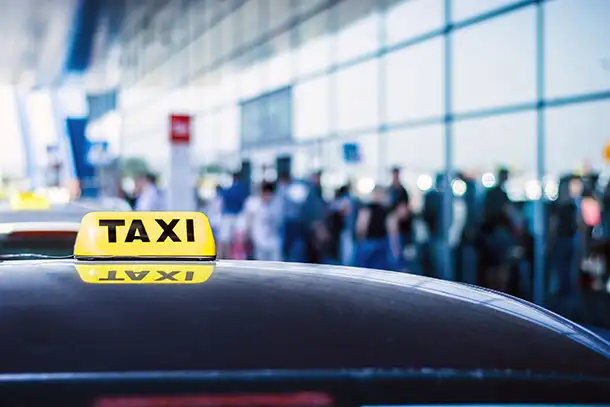
While its success is based principally on attractive pricing and ease of use, Uber’s business model critically depends on a ready supply of available and motivated workers. While there’s no sign that the supply of potential drivers is drying up, yet, the enthusiasm of Uber drivers seems to be eroding.
According to a new survey by Harry Campbell, an Uber driver who blogs as TheRideshareGuy, 38 percent of the company’s drivers were unhappy with their jobs; 37 percent were somewhat satisfied, and only 11 percent were very satisfied. (The remaining 14 percent were ambivalent.)
Campbell notes that even according to Uber’s own numbers, fully half of its drivers quit after just one year.
And then there are the recent driver strikes in New York, San Francisco, and other cities, to protest Uber’s fare cuts.
Unhappy Taskers Could Derail Uber
A disenfranchised labor force hurts Uber two ways.
First, unhappy drivers are a turn-off for customers. Given the choice between riding with an upbeat driver who’s satisfied with his compensation and working conditions or with a grumpy driver who resents his employment situation, riders will naturally opt for the former. Long term, that could stall Uber’s growth and undermine its profits as riders ditch their Uber apps in favor of other services.
RELATED: The Uber Dilemma: To Tip, or Not to Tip
Second, as Uber drivers’ displeasure with their working conditions becomes an increasingly integral part of the Uber story, the supply of would-be drivers will be choked off.
Uber is hardly the only option for those who choose to participate in the gig economy. It’s not even the only ride-share service. There’s Lyft, Uber’s primary competitor but currently a distant second on any key business measure. And there is start-up Juno, a new ride company that plans to beat Uber at its own game by treating its drivers better.
In short, the relationship between Uber and its drivers directly affects the relationship between drivers and Uber customers, which in turn drives Uber’s success and profitability. It could be a virtuous circle, or a vicious one. Nothing less than the company’s future hangs in the balance.
Reader Reality Check
How happy was your last Uber driver?
More from SmarterTravel:
- Flyer Complaints Increased by 30% in 2015. Worst: Spirit
- Starbucks Copies Airlines, Devalues Loyalty Program
- Airlines to Harried Flyers: ‘Relax, Have a Pretzel’
After 20 years working in the travel industry, and 15 years writing about it, Tim Winship knows a thing or two about travel. Follow him on Twitter @twinship.
We hand-pick everything we recommend and select items through testing and reviews. Some products are sent to us free of charge with no incentive to offer a favorable review. We offer our unbiased opinions and do not accept compensation to review products. All items are in stock and prices are accurate at the time of publication. If you buy something through our links, we may earn a commission.
Related
Top Fares From Columbus, OH
Today's Top Travel Deals
Brought to you by ShermansTravel
Shop and Save with Country Inns...
Patricia Magaña
 Hotel & Lodging Deals
Hotel & Lodging Deals
$229 -- Chicago: Discounted Rates and...
Francesca Miele
 Hotel & Lodging Deals
$229+
Hotel & Lodging Deals
$229+
$188 -- Honolulu: Save on Oceanview...
Abigail Lamay
 Hotel & Lodging Deals
$188+
Hotel & Lodging Deals
$188+



